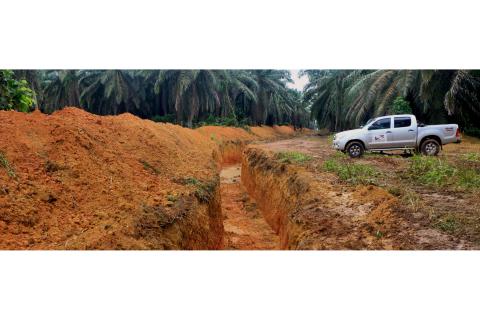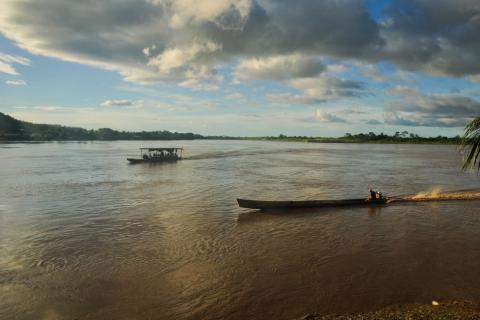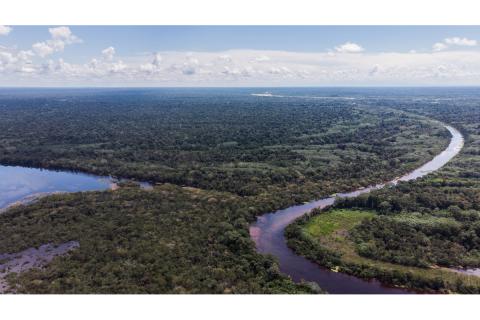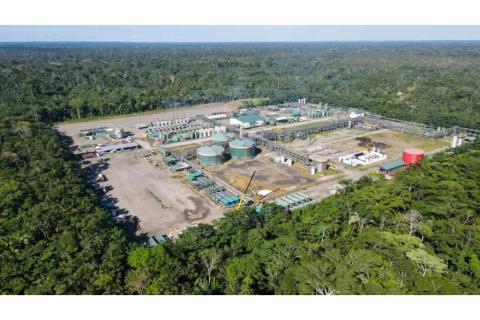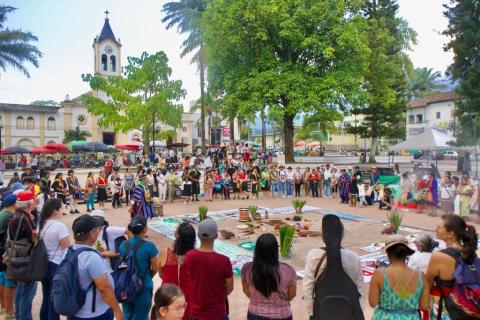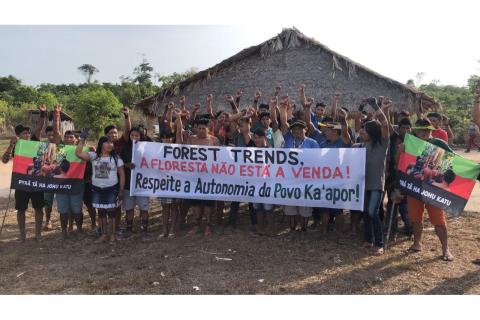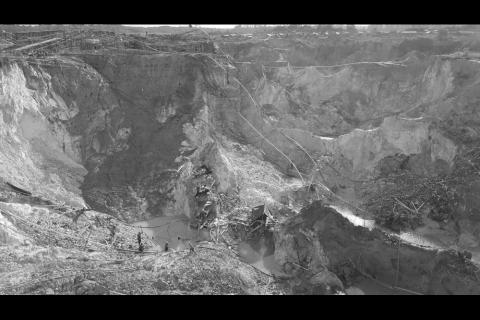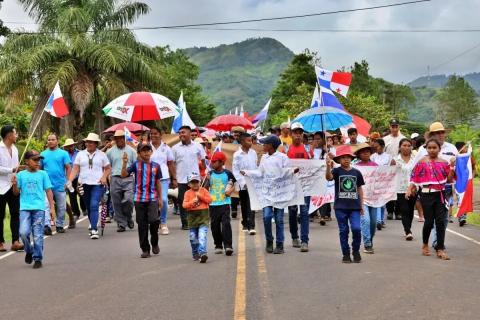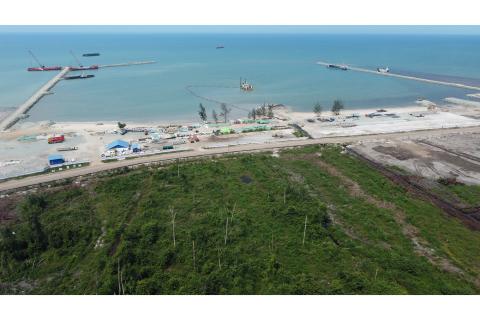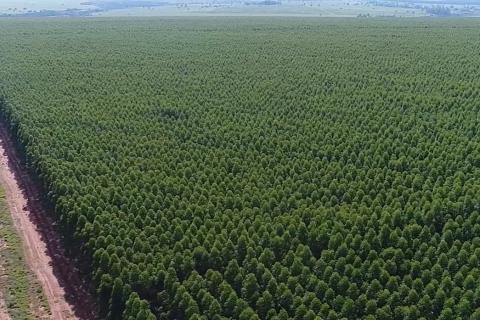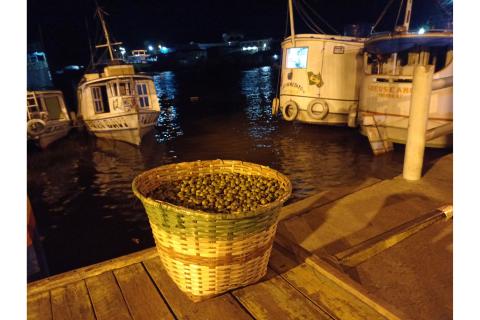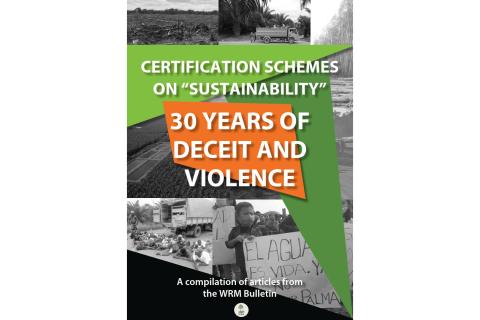In the Acará Valley, Pará state, the Tembé and Turiwara indigenous peoples, and quilombola and peasant communities are fighting to take back part of the living spaces they traditionally occupied. It is not just a struggle for territory, but one to reverse a history of oppression and injustice. Today, they are denouncing structural violence and state omission.
Bulletin articles
The expanding agricultural frontier to grow soybean and oil palm, in addition to mining and the potential construction of mega-dams, are advancing upon the living spaces of indigenous and peasant communities. In late 2018, communities organized a coordinating committee to defend their territories and their right to a dignified life.
Indigenous communities of the Peruvian Amazon Basin have created a network to defend their rights to territory and self-determination. Their struggle is not only against deforestation, but also against conservation and carbon market projects—such as REDD projects—that cause more injustice and internal conflicts.
The Ecuadorian people's decision to stop oil extraction in the Yasuní National Park now brings new challenges: How do you recover a territory that has been sacrificed, and bring justice to affected areas, with the solidarity of the whole country?
Mocoa is located between the Andean mountains and the Colombian Amazon, in the middle of one of the most important river basins of the country; in this territory, indigenous communities, Afro-Descendants, peasants and settlers coexist. The growing demand for minerals for the “decarbonization” of the world is a threat to this region, where mining companies are trying to move forward with underground copper extraction.
The Ka'apor live in Alto Turiaçu, in the northwestern part of Maranhão state in Brazil. It is the largest indigenous territory of the Eastern Amazon and the largest portion of preserved rainforest in the region. Foreign companies have arrived there to propose REDD projects; this has caused conflict, and part of the community is rejecting these projects and organizing to resist.
In recent years, one of the biggest threats to the Venezuelan Amazon and to the Indigenous Peoples who inhabit it has been mining, especially gold mining.
Almost 30 years of UN climate negotiations have resulted in the establishment of policies and practices that facilitate the constant expansion of the fossil fuel-based economy (and its profits) while hiding its implacable negative impacts for the territories where it expands.
President Jokowi calls the Kalimantan Industrial Park Indonesia (KIPI) “the largest green industrial area in the world”. But in reality, there is nothing green about the KIPI. It will lead to massive fossil fuel use, land and water grabbing, while threatening thousands of people in coastal communities with forced eviction. (Available in Indonesian).
In the past two years, tree plantation initiatives aimed at generating carbon credits have doubled. Whether as large monocultures or as nicely sounding projects with grassroots communities, tree plantations for carbon offsetting are neither a solution to the climate chaos nor beneficial to rural communities in the Global South.
Carbon offsetting projects jeopardise small-scale farming, the felling of trees for subsistence, and other centuries-old practices of Indigenous Peoples and traditional communities in the Amazon region. Contracts promoted by companies undermine local care strategies and workers’ creativity, undervaluing or even denying them completely.
A compilation of articles from the WRM Bulletin aims to expose the damaging role played by companies and organizations involved in certification schemes. After three decades, what is clear is that the only “sustainability” that they guarantee is that of corporations’ business and that of certification industry itself.
